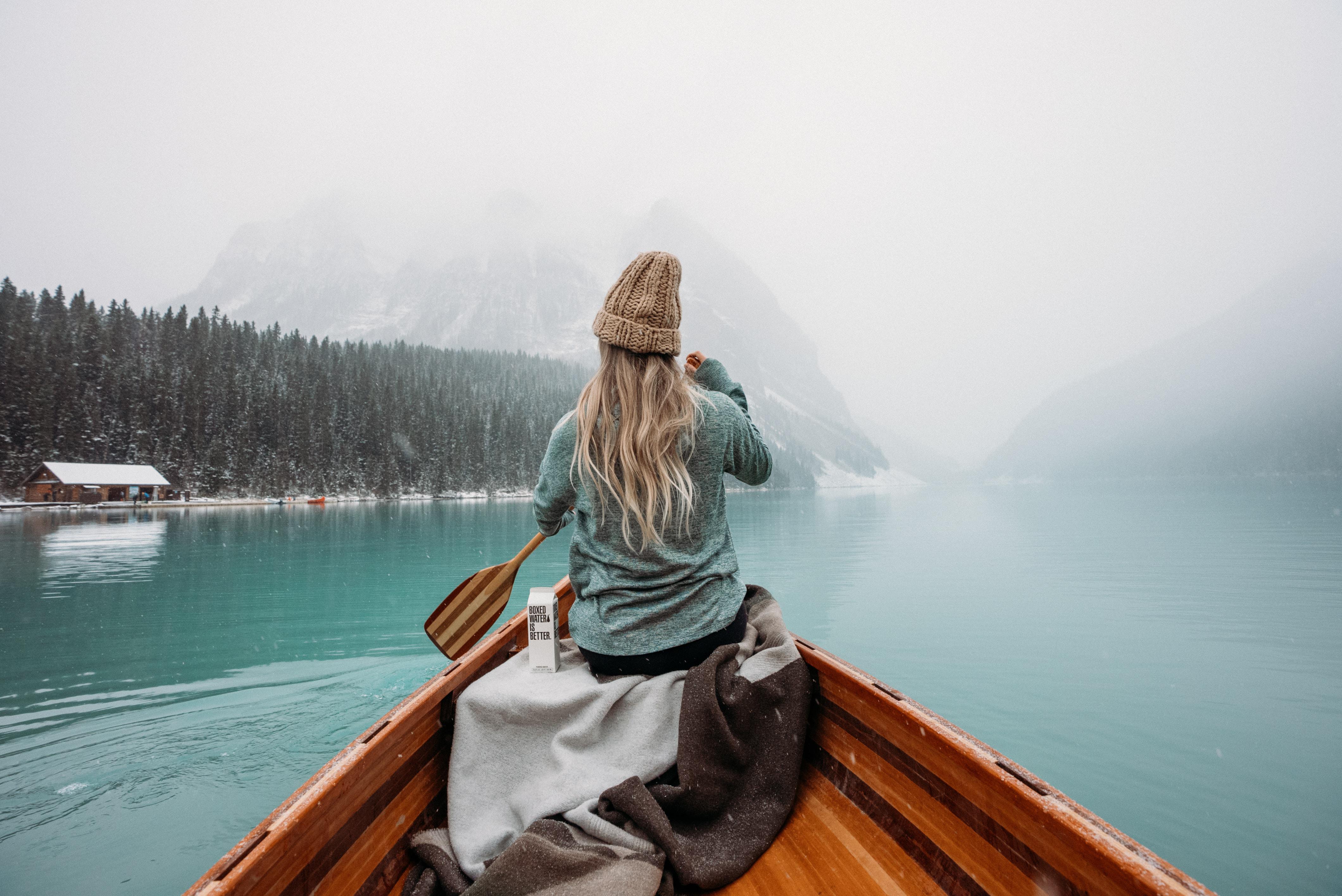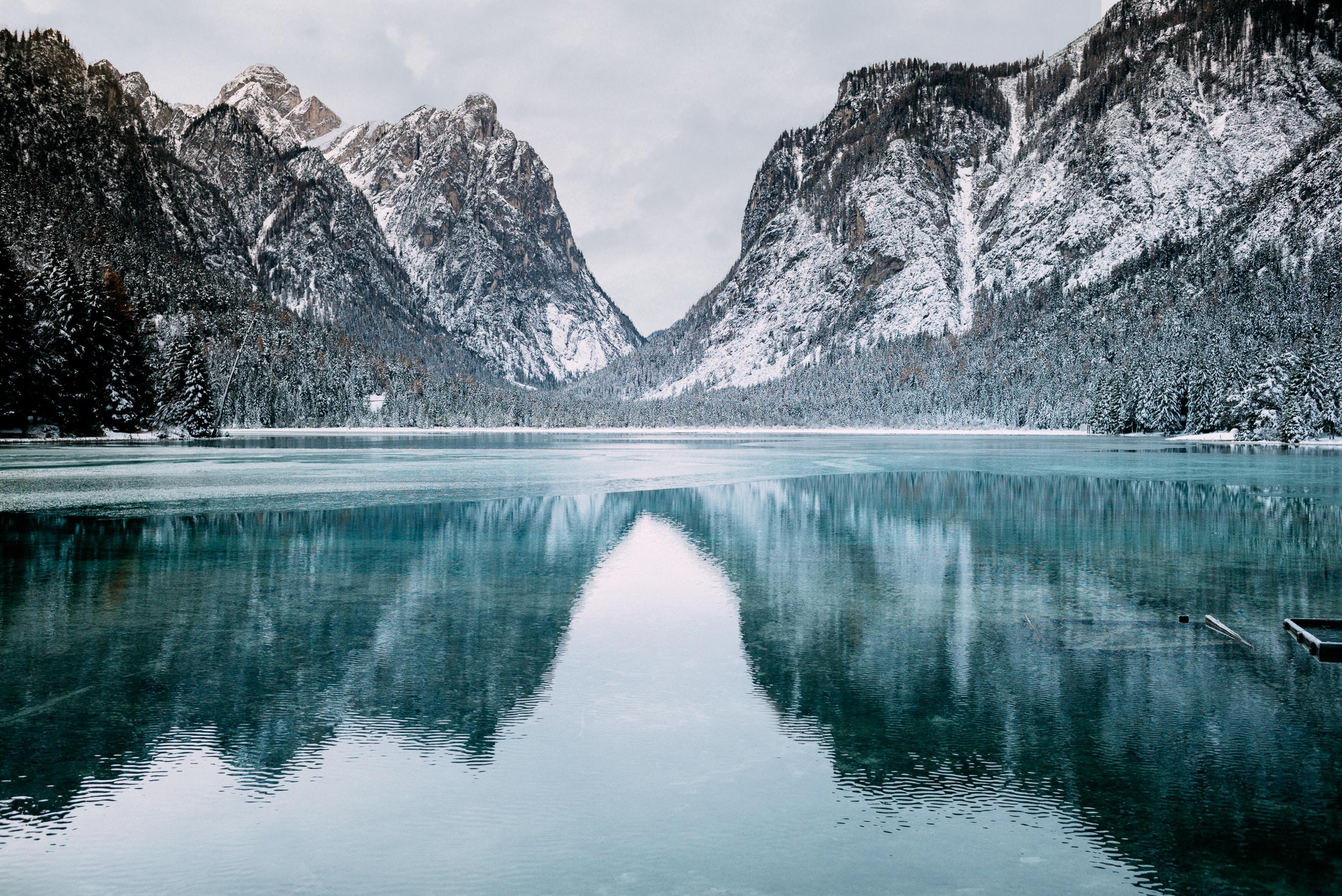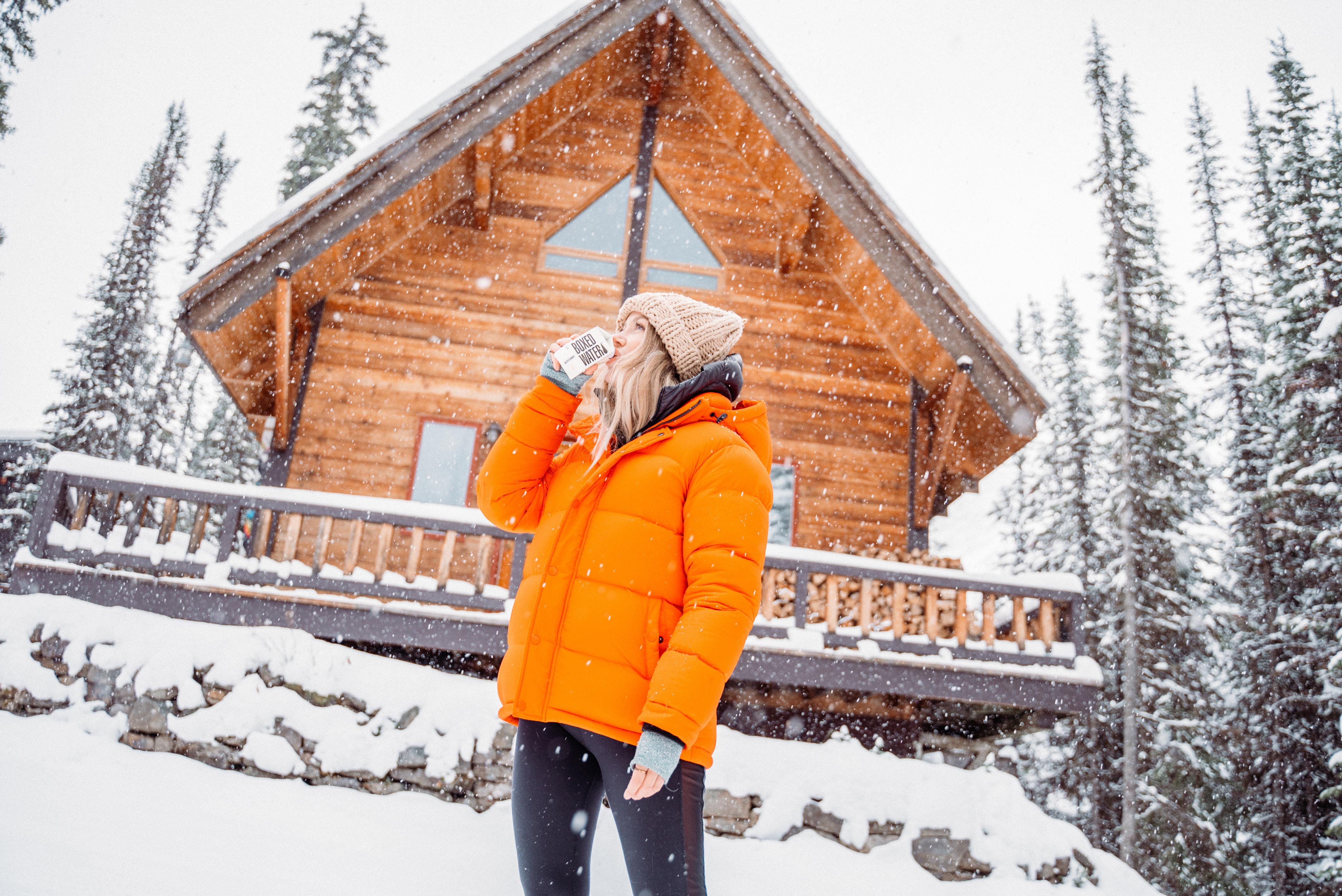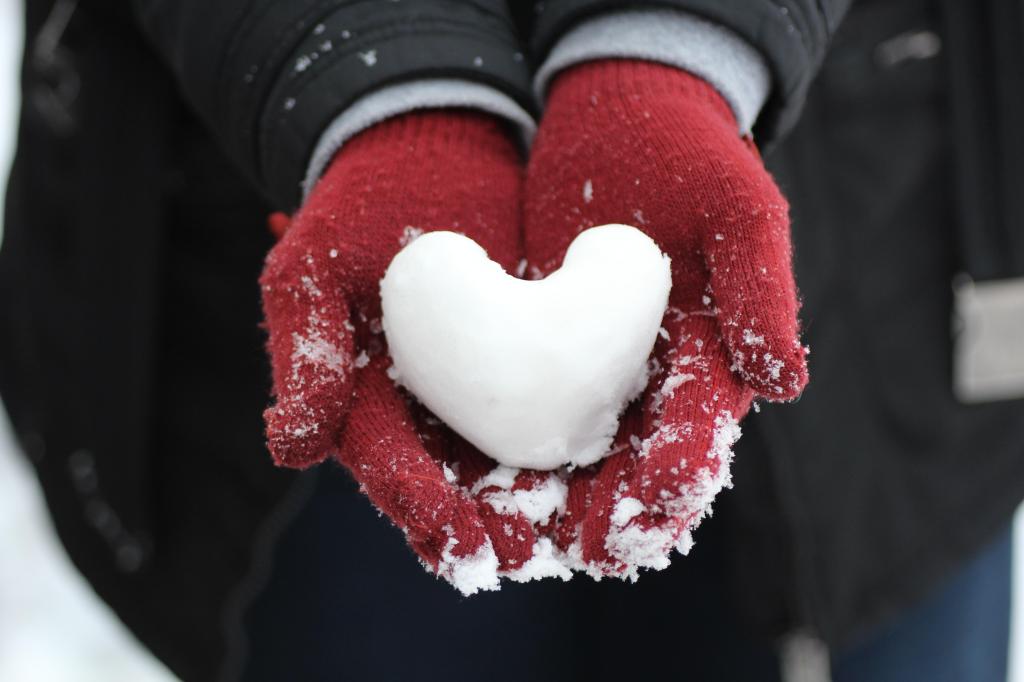Winter has always been a bit of a struggle for me. A long slog that must be endured. As soon as October comes around, my mental health takes a dip. I get a rebound in December with its cozy holiday vibes, but once the calendar flips to January, my mental health takes a major hit. I find myself counting down the days until March, wishing time away.
But lately, I’ve realized just how problematic this is for me. Not only does my mental health suffer, but as a result of my winter ‘blahs,’ my relationships also suffer. I’m shorter with my family. My motivation wanes, which in turn leads to feelings of shame and guilt, which decreases motivation even more. Rinse and repeat.

For the past few years, I’ve been making more of a concerted effort to tend to my mental health during these seasonal changes. An introvert at heart, hygge is my jam. Snuggling under a blanket with a hot cuppa something? Yes, please.
What has really transformed my outlook on winter and helped my mental health in the process, however, has been the concept of wintering. Popularized by Katherine May in her book by the same name –Wintering: The Power of Rest and Retreat in Difficult Times – wintering has not only changed the way I look at this season on the calendar, but also similar seasons of life.
Central to May’s book and the concept of wintering is adjusting our perspective of winter – whether the literal or metaphorical variety – from one of bleakness to one of renewal. Winters, after all, are essential to regrowth.
“Wintering brings about some of the most profound and insightful moments of our human experience, and wisdom resides in those who have wintered,” May writes.
Just reading these words last year – in the depths of a pandemic winter in the Upper Midwest, where cold isn’t just cold but downright frigid – brought comfort in this otherwise painful season. Instead of something to endure and wish away, winter started to feel almost honorable. And my newfound acceptance of it started to feel radical and rebellious. Instead of feeling like there was something wrong with me for feeling a bit sluggish, anxiety-ridden, and despairing, I felt an almost giddy ease, like I was in on a secret that these feelings were not only okay, but necessary.

At its core, wintering – to me, at least – is about changing my perspective and paying attention. “When you start tuning in to winter, you realize that we live through a thousand winters in our lives – some big, some small,” May writes. While this might seem like a pessimistic approach, there is comfort in knowing that we’ve made it through lean, hard, lonely times before, and we can do it again.
These winters of our life don’t need to be feared or avoided, but held with care and compassion. The past couple of years have felt like a never-ending winter for many of us, I suspect. Even when things seem reasonably “fine,” there’s a subliminal heaviness to my psyche. I feel stuck and confused, lethargic and antsy all at the same time. I want to heal.
Don’t get me wrong, wintering didn’t magically “fix” anything, but it did cause a subtle shift in me that snowballed (pardon the winter pun) into something more comfortable. Or at least less brutal.
So what does wintering look like for me, and how does it help my mental health?

Well, here are a few things I’ve tried to incorporate into my life during winter – whether they come in the months of December through February or some other time of the year:
Trust my intuition, and feel the feels. Once I accepted winters as a necessary, and perhaps even helpful part of life, I was able to accept them more easily. If I’m feeling sad or lonely, I let myself feel sad and lonely. Same thing with joy and comfort. We don’t need to ignore our sadness, or pretend it isn’t there; nor do we need to tamper our joy and contentment. We only need to trust ourselves. “Wintering,” May writes, “ is a moment of intuition, our true needs felt keenly as a knife.”
Give myself permission to rest – like, really, rest. Lying on the couch while my mind races with all the things I “should” be doing isn’t really resting. Nor is it resting if I feel guilty about how or when you rest. Wintering gives us permission to rest when and how we need. No questions asked. That means more sleep too. With darkness enveloping our home earlier, we might feel an almost circadian urge to sleep more. This is normal and good.
Get physical with wintering. In her book, May tells the story of cold water swimming (and by cold, I mean 37 degrees Fahrenheit cold). I was nearly shivering just reading about it, but there was something exhilarating about it too.
“Immersion in cold water has been shown to increase levels of dopamine, the neurotransmitter that stimulates the brain’s reward and pleasure centers, by 250 percent,” May notes in the book. “A recent study found that regular winter swimming significantly decreased tension and fatigue, as well as negative states associated with memory and mood, and improved swimmers’ sense of general wellbeing.”

I’m not going to start swimming in Lake Michigan in the middle of January, but this concept has changed my perspective. I’m more likely to blast the cold water at the end of a shower, and I was more eager to walk out into a cold mountain lake on vacation this summer, instead of sitting on the rocky shore as I would have done in the past. I feel energized and peaceful all at the same time, while also sensing a clarity that I can’t quite pinpoint. Bottom line: it feels good even if it feels uncomfortable.
Don’t be ashamed or embarrassed of the dark and difficult times. As May writes, “Everybody winters at one time or another; some winter over and over again.” In our glossy and edited social media culture, it can be easy to think that we are alone in our struggles, mental health challenges, and difficult times. But that just isn’t true.
Our inability to accept, hold space for, and even nurture our pain doesn’t come from a personality flaw or weakness, but simply because we weren’t given the tools to do otherwise. As May writes, “We’re not raised to recognize wintering or to acknowledge its inevitability. Instead, we tend to see it as a humiliation, something that should be hidden from view lest we shock the world too greatly.”
I’ve been open about my mental health challenges, but the concept of wintering has helped me be more open about these challenges in real time. I’m far more likely to say, “I am struggling” or “I’m dealing with a touch of depression right now,” than waiting until I “feel better.” And this distinction has been critical in getting the help and support so that I can actually feel better.
Wintering isn’t just cozy socks, glowing candles, and knitting while tucked under a quilt. Though it can certainly be those things too. Mostly it’s about seeing winter, and any hard or dark times in our life, for what they are – essential. Wintering is about shutting off the constant busyness and go-go-going of our lives that we sometimes use to mask our pain or anxiety or sadness so that we can recover, heal, and grow.
Christine is a writer who lives in the Chicago area with her husband, two sons, and rescue dog. You can find her on Facebook and Instagram.




























